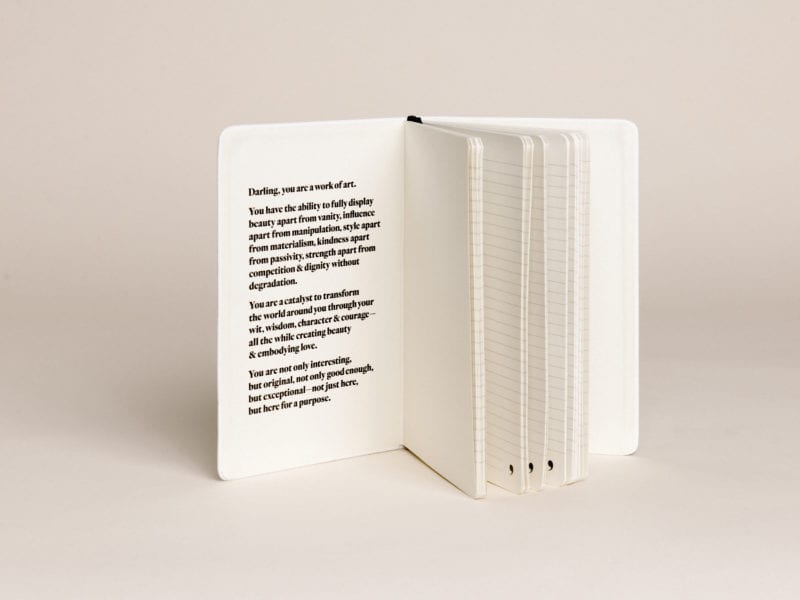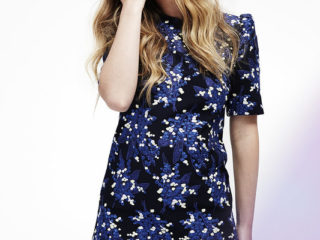We live in a culture that, above all, wants us to avoid pain. We have distractions for this: entertainment, food and shopping. We have quick fixes, easy remedies and mantras like, “Let go” and “Move on.” We have conveniences and comforts, exciting opportunities and busy, fast-paced lifestyles that don’t allow us to process hard things.
Yet, processing hard things—painful situations, heartbreak, disappointment, grief and humiliation—is a necessary part of moving beyond pain to experience healing, recovery and renewal. Processing requires that you lay out your emotions, fears and doubts—raw and messy as they may be—without a sure solution. Processing requires vulnerability, scary as that may be. Processing requires honesty.
For me, journaling has become that vehicle of processing. Throughout the past 10 years, this simple practice has become a source of incredible clarity and comfort through navigating complicated relationships, moving cities (and countries), adapting to new cultures, making big decisions and, most recently, processing disappointment and confusion.
This simple practice has become a source of incredible clarity and comfort.
Here’s what I’ve learned after countless notebooks filled with my illegible scrawls; blue, black and purple ink; and hundreds of journaling sessions—in my bedroom, coffee shops, airports or at the beach— anywhere that will receive a girl and her notebook.
Start Small
I’m a writer by profession. Journaling for pages and pages comes naturally to me. That being said, I’ve learned that even jotting down a couple sentences or a few phrases can be helpful and instructive for me to take a pause and mindfully acknowledge my emotions. Remember that you’re not writing a novel or a piece of work that will be published. The only thing that’s really important is your level of authenticity.
The only thing that’s really important is your level of authenticity.
Be Raw
The last year has held trials for me that, quite frankly, I never thought I would have to face. I have faced disappointments, fears and doubts that have been difficult for me to grapple with.
I am committed to bringing a new level of “being real” to my journaling. More often than not, it can be difficult to admit to ourselves what we’re really feeling—for fear that it will produce more pain. Yet, I have found that bringing my most difficult feelings to light—even written down—helps me gain perspective and acknowledge that I need healing.
Bringing my most difficult feelings to light—even written down—helps me gain perspective and acknowledge that I need healing.
Ask Questions
Don’t be afraid to write down your questions—the hard why’s, the hopeful when’s or the deep, purpose-seeking what’s. I might write down, “Why am I feeling this way?” or “What are my next steps?” or “When will this dream come true?” Questions, even without immediate answers, are always an opportunity for new growth and insight.
Write and Listen
For me, journaling is a spiritual practice between me and my Creator. I do believe that someone is listening and that helps elevate the practice beyond myself. A critical part of effective processing is the knowledge that your thoughts are received, not just given.
Review and Reflect
Finally, I often look through old journal entries, both to see how I’ve grown and changed, and to remind myself of moments of clarity and revelation that I may have since forgotten. Old journal entries provide incredible fodder for reflection: Showing us how we have moved through hard things, gained small victories and come out stronger and more resilient on the other side.
For your very own Darling journal, be sure to visit the Store.











1 comment
I’ve been journalling daily since 2012 and it’s helped me so much – I find that I really do feel better after a long writing session! 🙂
–
Charmaine Ng | Architecture & Lifestyle Blog
http://charmainenyw.com